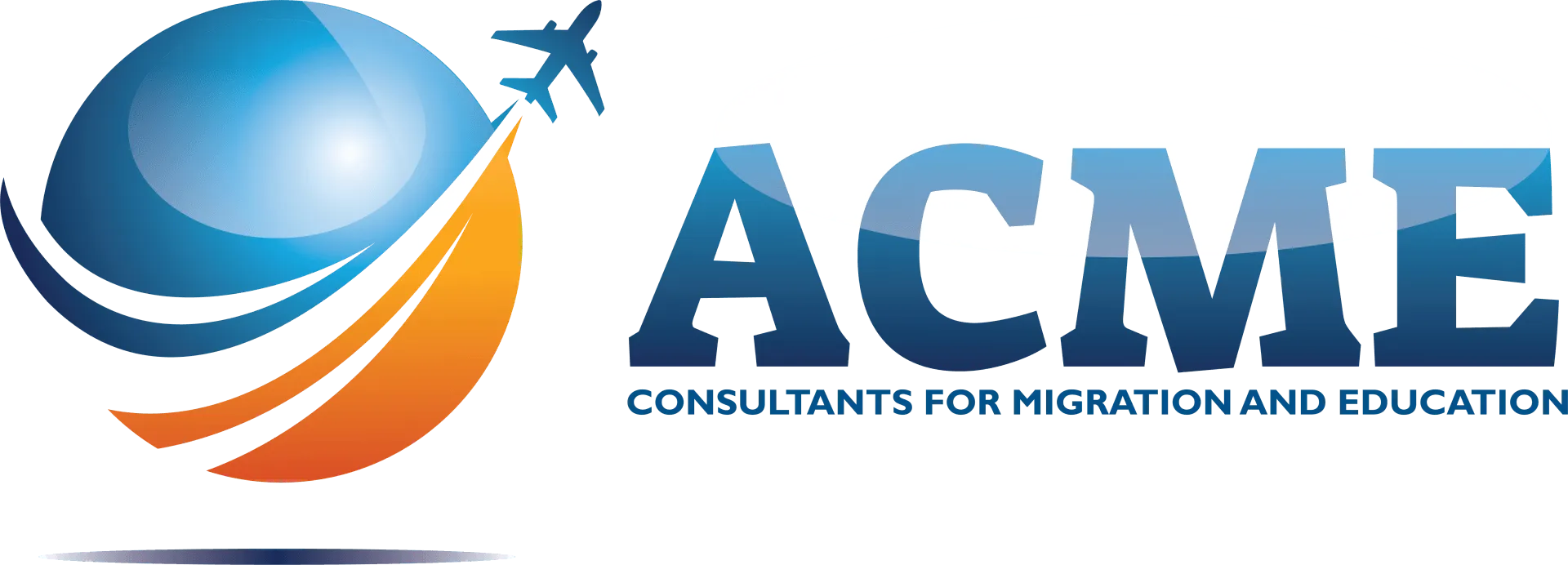Canada revises its immigration laws: New rules may result in the cancellation of work, study, and temporary resident visas. Find out who is impacted and why.

In an attempt to improve immigration and border security, the Canadian government has proposed new rules that would impact temporary residents. Under some circumstances, these modifications provide immigration officials the authority to revoke temporary resident permits.
Significant Modifications to Immigration Laws
The Immigration and Refugee Protection Regulations were updated by Immigration, Refugees and Citizenship Canada (IRCC) on February 12, 2025. A number of temporary resident documents can be revoked because to these revisions, including:
- Temporary Resident Visas (TRVs)
- Electronic Travel Authorizations (eTAs)
- Work Permits
- Study Permits
If officials believe that a person is unlikely to depart Canada when their permitted stay ends, they have the authority to cancel these documents.
Effects on Short-Term Residents
Canada is still open to accepting tourists, workers, and students from all around the world in spite of these developments. All temporary residents must, however, fulfil the eligibility standards specified in the Regulations and the Immigration and Refugee Protection Act. People must have a valid TRV or eTA in order to enter Canada, and those who want to work or study must have the necessary permits.
Both new applications and existing international students may be affected by the new regulations, which the government predicts might result in an additional 7,000 temporary residence document cancellations.
Consequences for Students from Other Countries
A cap of 437,000 study permits has been set by Canada for 2025 in an attempt to control the growing number of overseas students. The ruling comes after it was revealed that approximately 50,000 foreign students who had previously applied for study visas had not enrolled in the institutions to which they were assigned.
According to data from early 2024, nations like India, China, Nigeria, Rwanda, Ghana, and Iran accounted for the largest percentage of non-compliant student applicants. It is anticipated that the new regulations will impact students who:
- Without having proper residency documentation
- have exceeded their allotted time in Canada
- are discovered to have applied using false information.
Causes of Temporary Visa Revocation
A Temporary visa may be revoked for a number of reasons, according to the IRCC:
1. Not eligible
- Visas may be revoked for those deemed ineligible because of their criminal records or false representations.
- An e.TA holder’s authorization may be cancelled if they lose their eligibility.
2. Staying too long
- Immigration officials have the authority to revoke a visa if they suspect a person will stay longer than permitted.
- Additionally, eTAs will be revoked in the event that the related passport or travel document is misplaced, stolen, or destroyed.
3. Problems with Documents
- If the documents used to get a temporary visa are lost, stolen, or damaged, the visa may be withdrawn.
4. Changes in Status or Administrative Errors
- Immigration officials are able to revoke a visa if it was issued in error.
- The visa shall be deemed void in the event of the death of the holder.
- Additionally, temporary status will be terminated for those who are granted permanent residency.
Who Will Be Impacted?
The main effects of the rule modifications are:
- Students requesting study permits – Administrative mistakes or an applicant’s ineligibility may result in the revocation of a permit.
- Holders of work permits – Documentation problems, issuing errors, or other regulatory concerns may result in the cancellation of work permits.
- Tourists and short-term inhabitants– People whose travel documents are misplaced, defective, or obtained through administrative error may have their visas cancelled.
Implications of Cancelling a Temporary Resident Visa
When their temporary status is withdrawn, foreign nationals may encounter a number of difficulties, such as:
- Expulsion from Canada if determined to be excluded.
- Refusing to board at airports due to revoked travel authorization.
- Denial of admission at ports of entry in Canada if records are not valid.
- Monetary losses for individuals who have bought tickets but are no longer permitted to enter Canada.
By emphasising adherence to immigration laws, the new regulations make sure that only qualified people are permitted to remain in Canada as temporary residents. To prevent issues, anyone intending to visit, study, or work in Canada should confirm their documentation and follow immigration laws.

